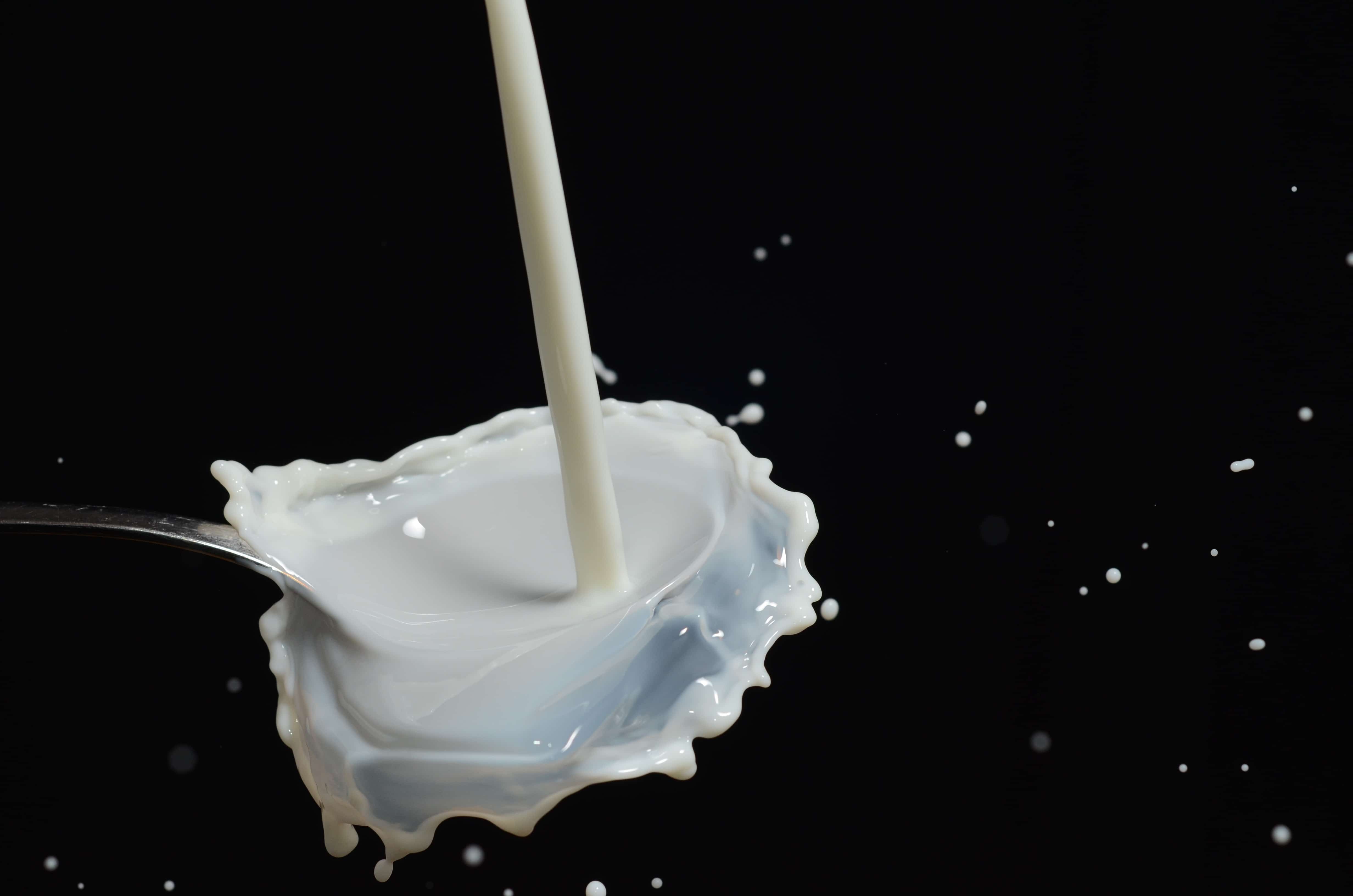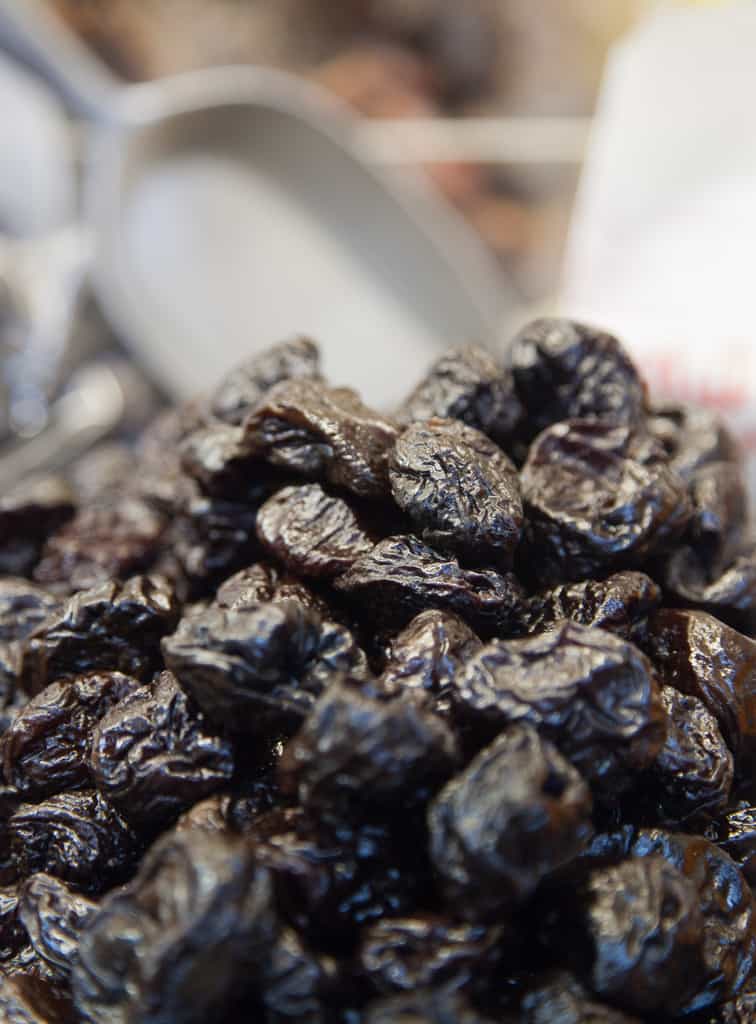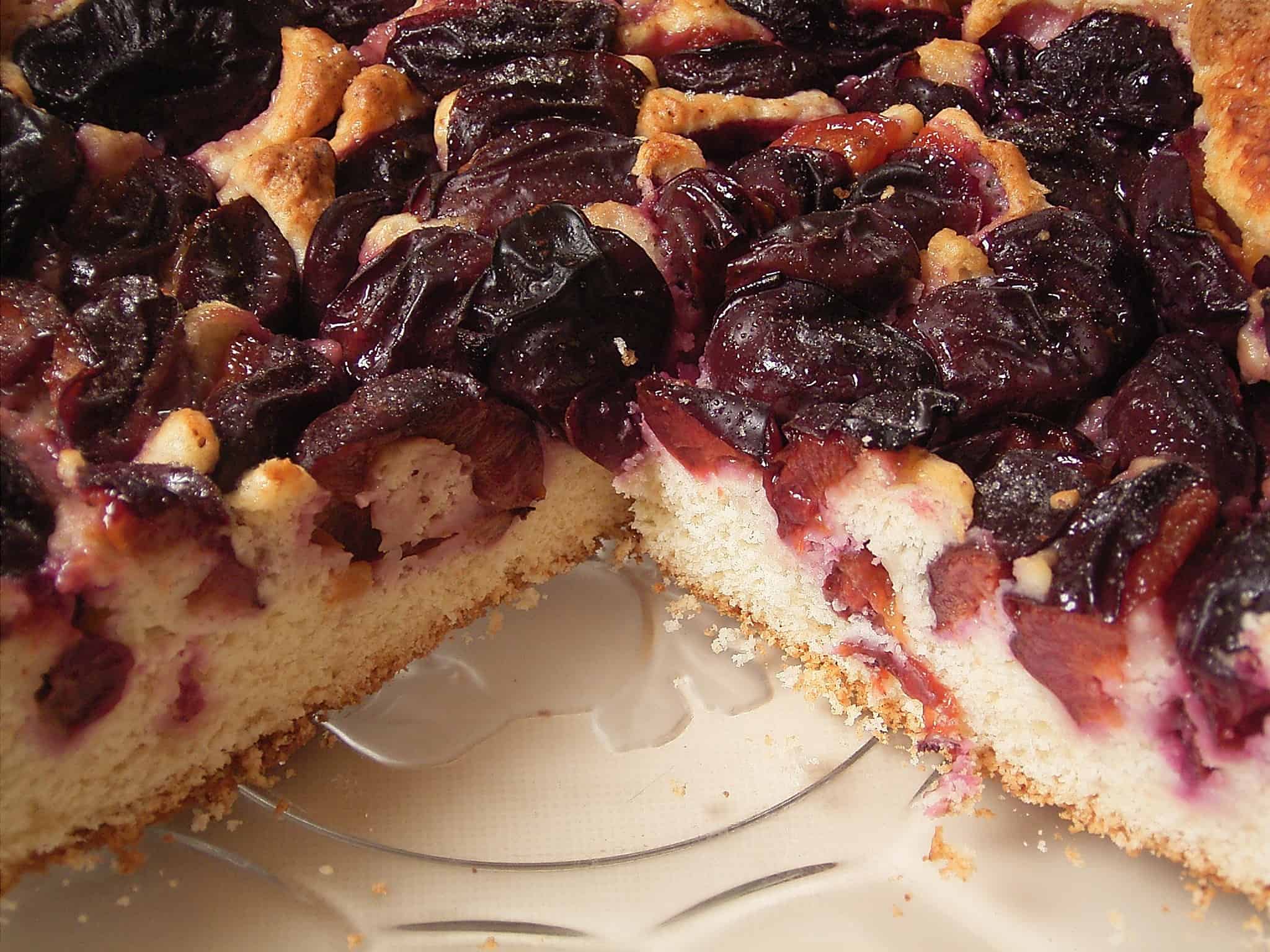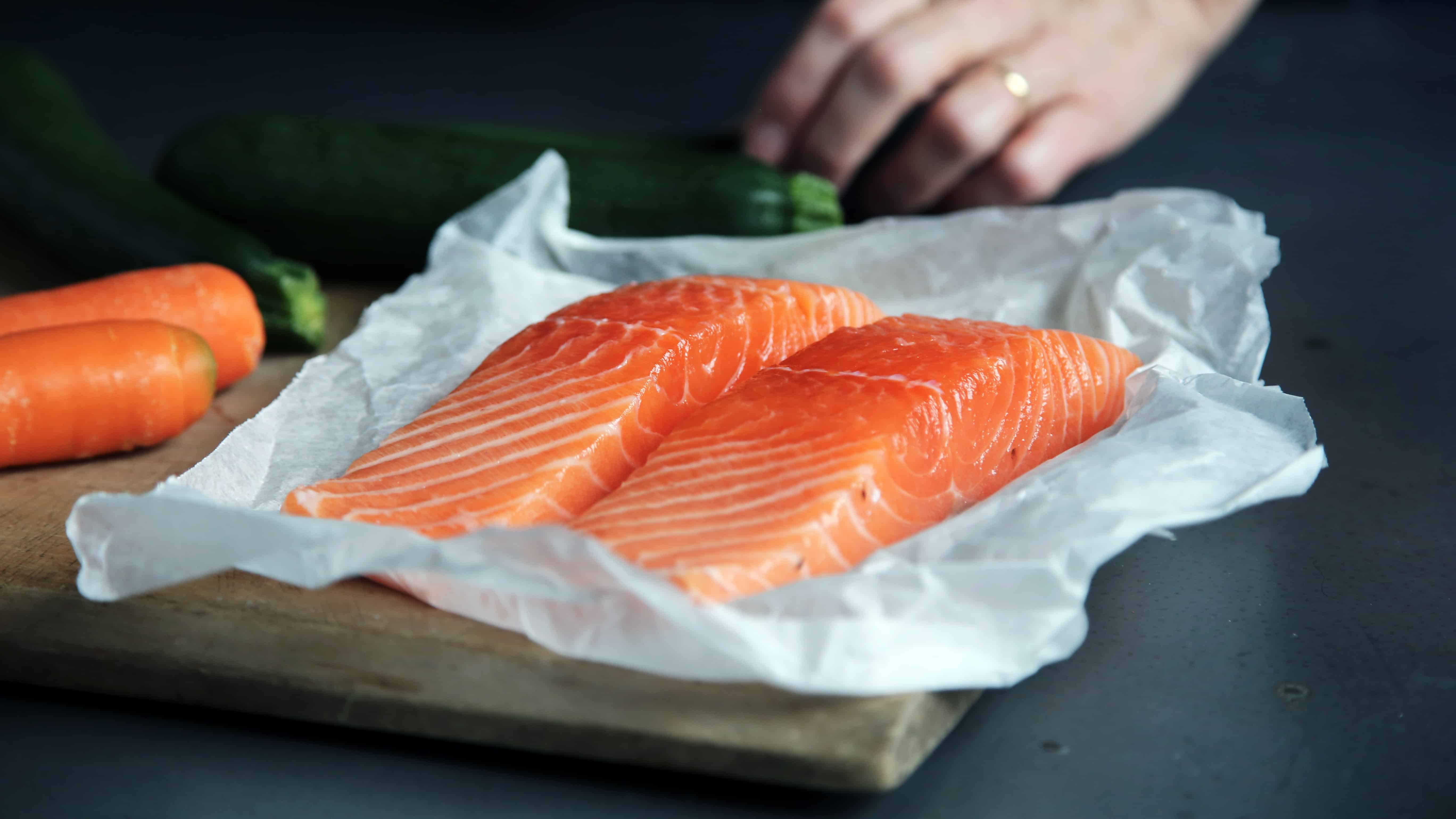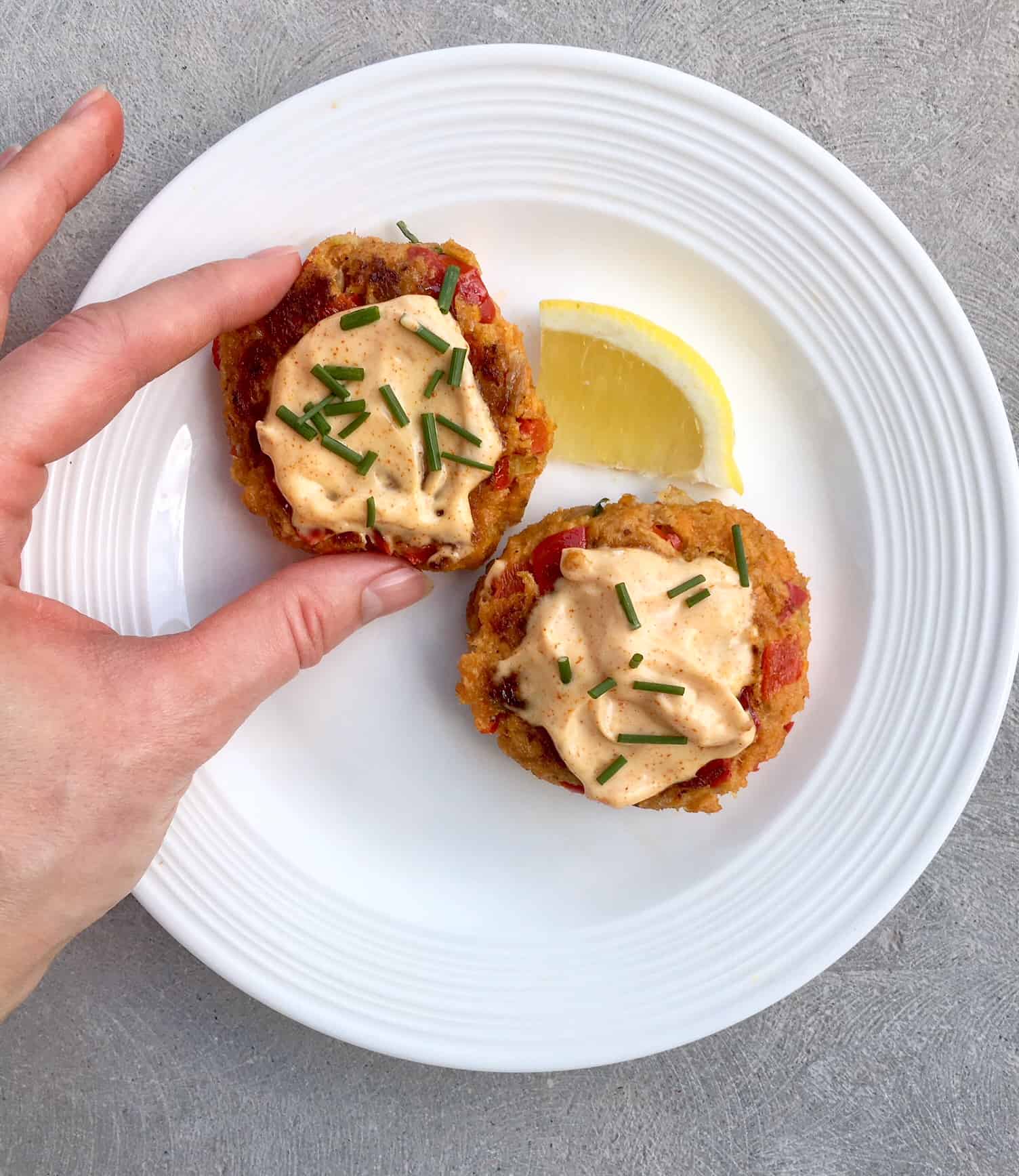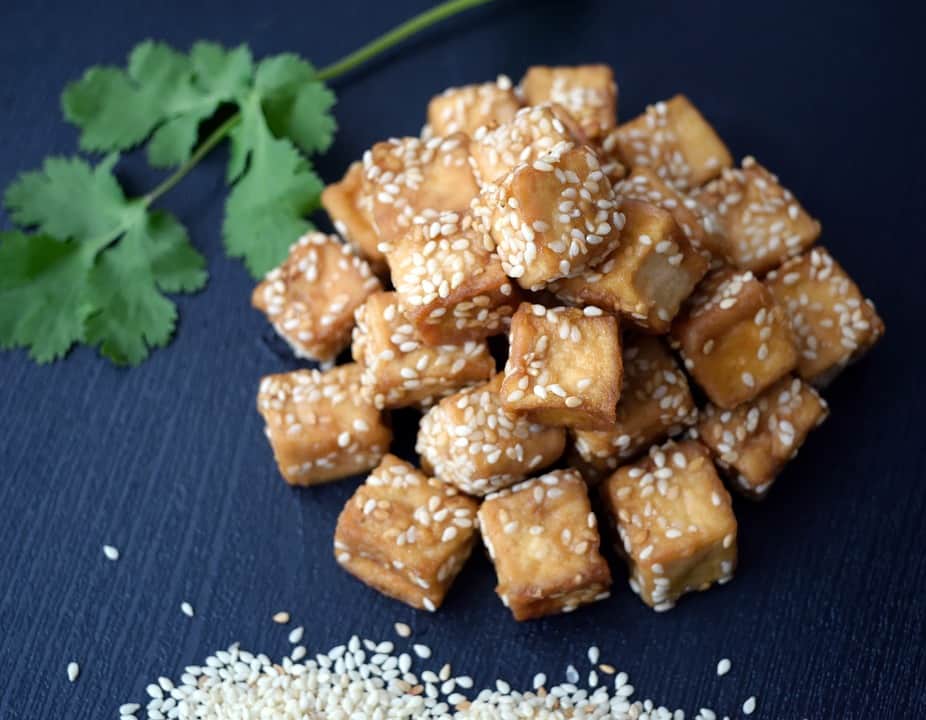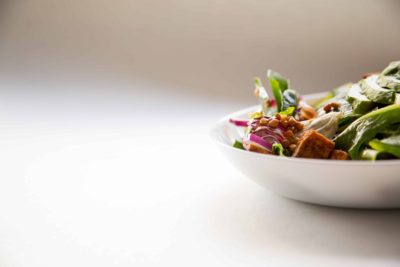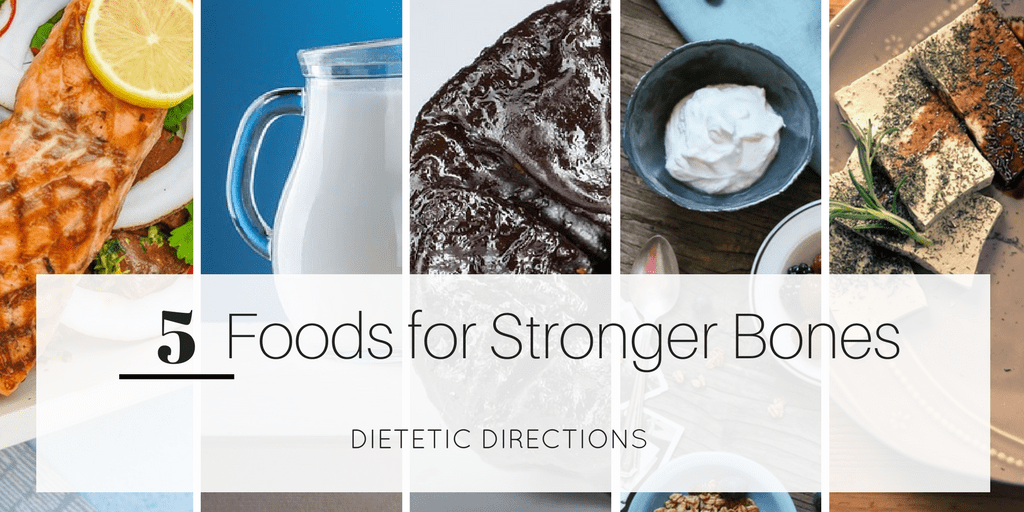
5 Foods for Strong Bones
Emphasizing foods for bones is a great way to kick off to a New Year! After all, when caring for our bodies, it is common to overlook nutrition for our bones. These are living tissues that are constantly regenerating and replenishing. Therefore, today, I will highlight five foods that are good for bones. I will underscore why they are beneficial and how to include them in your diet.
1, 2, 3 Bone Facts:
- Bones stop gaining density by your 20’s. This means that we cannot build bone mass after this time. This also means that children’s diets need to emphasize bone-building foods in order to achieve their maximum bone density before adolescence.
- Bone loss can be slowed or halted through adequate nutrition and getting enough exercise. These ‘modifiable factors’ decrease risk for fractures and thinning of the bones (a.k.a., Osteoporosis).
- Your teeth are part of your skeleton. Like your bones, teeth contain calcium and minerals but lack collagen, which gives bones flexibility and strength.
Andrea’s Top 5 Foods for Bones:
1. Low Fat Milk or Calcium-Fortified Soy Milk
When it comes to bone health, calcium is a necessary mineral to build and maintain strong bones. Interestingly, almost all of the calcium in our body is found in our bones! Since our bones are a living tissue, they are constantly breaking down, releasing minerals and depositing calcium to make new bones. Hence why I encourage clients to ensure they are meeting dietary calcium requirements. If we don’t achieve adequate calcium through our diet (or supplements), our body pulls calcium from our bones to maintain calcium amounts in our blood and muscles. This makes our bones weaker and puts us at a higher risk for fractures.
One of the top dietary sources of calcium is cow’s milk or a calcium-fortified soy milk. One cup of cow or soy milk contains approximately 300 mg of calcium. Milk also contains magnesium, vitamin D and phosphorus which support calcium absorption. If you prefer milk alternatives, take a look at the nutrition label to ensure that you see 30% Daily Value (%DV) for calcium, which means that the product is fortified with the same amount as cow’s milk. With milk alternatives, be sure to give the container a firm shake before pouring to keep the supplemental calcium from settling on the bottom. You will also want to check the protein as the amounts vary considerably (read here for nutrition comparison of milk alternatives).
#Nutrition Tip: If using milk alternatives, be sure to ensure 30% DV for #calcium! Share on XFoods for Strong Bones Tips:
- Add milk or soy milk to cold/hot cereal
- Add to smoothies or Smoothie Bowls
- Drink post-workout or as a snack
2. Prunes (a.k.a. Dried Plums)
Prunes are traditionally known to support bowel regularity (they are a source of fibre); however, new research published in Osteoporosis International shows that they promote bone health! In fact, in this study, eating one daily serving (5-6 prunes) helped postmenopausal women prevent bone loss. This lowers the risk of osteoporosis, which is characterized by a decrease in bone mass. Additionally, a research review (of twenty-four different studies) found prunes may have beneficial effects on bone mineral density and protect against bone loss.
DYK: One serving of #Prunes may slow or prevent bone loss. #prunes4bones #EatCaPrunes #ad Share on XPrunes also contain plant antioxidants (phenolic compounds) that signal cells to increase bone formation. These naturally sweet dried fruits contain a good source of vitamin K, which is beneficial for bone metabolism and prevention against Osteoporosis. A daily serving of prunes is low calorie (only 100 calories).
#Prunes contain antioxidants that increase bone formation #prunes4bones #EatCaPrunes #ad Share on XFoods for Strong Bones Tips:
- Try California prunes as a portable snack with a handful of nuts for protein (Tip: balance snacks with carb + protein). Click here to download Dietetic Direction’s 16 Energy Boosting Snacks!
- Add chopped prunes to salads for natural sweetness and flavour
- Include prunes in baked goods for a fibre boost. Try these Peanut Butter Oat Prune Bites!
3. Canned Salmon (with the bones)
Salmon is great for strong bones because it is one of few foods that naturally contains vitamin D. This vitamin is essential for bone health because it helps increase calcium absorption. Getting enough calcium and vitamin D helps with bone building. If you are uncertain whether you are getting enough bone-building nutrients in your diet, speak with a Registered Dietitian.
Choose canned salmon with the bones to increase the amount of both calcium and vitamin D. Salmon (sockeye/red, canned, cooked or raw) contains approximately 400-600 IU of vitamin D in a 2.5-ounce serving. There is also approximately 200 mg of calcium in the same portion. Don’t be afraid of the bones. Instead, simply remove any large pieces and smash the thin salmon bones with a fork. Meanwhile if you find yourself pondering the difference between farmed versus wild salmon, click here.
#Salmon is one of few foods that naturally contains #vitaminD! #RDchat #health Share on XFoods for Stronger Bones Tips:
- Salmon salad on wrap or in a sandwich
- Salmon Cakes or salmon burgers
- Salmon Fresh Rolls
- Salmon Pate
4. Plain Yogurt
Many people do not know that plain yogurt has higher calcium than Greek yogurt. Straining out the extra whey in yogurt makes Greek yogurt thick, creamy and higher in protein but lower in calcium. For this reason regular yogurt delivers almost twice the bone-strengthening mineral calcium.
DYK: Regular #yogurt has almost 2X the #calcium of #Greekyogurt. #FoodFacts Share on XOne serving of plain yogurt (3/4 cup) contains 263-275mg of calcium and Greek yogurt contains 180-212mg. If the yogurt aisle overwhelms you, then check out this guest blog by dietitian, Nicole Osinga, on How to Expertly Navigate the Yogurt Aisle.
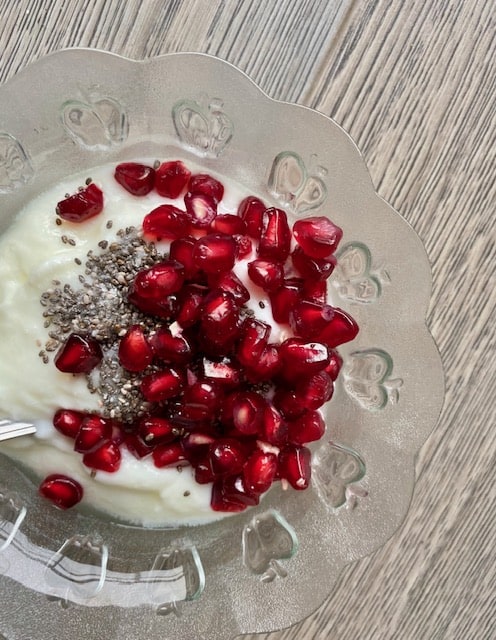
Foods for Stronger Bones Tips:
- Enjoy yogurt as part of a snack with fresh fruits. Try this Skyr Yogurt Parfait!
- Add to smoothies for a calcium and protein boost
- Use plain yogurt in place of sour cream for dips
5. Tofu
Tofu is often enriched with calcium and contains high protein and bone-building magnesium. It is made from soybeans, water and a curdling agent that is used to extract the solid proteins before it is pressed into a block. Research shows that soy phytochemicals (a.k.a. isoflavones) may help reduce bone loss and increase bone mineral density, especially after menopause. They have also been reported to reduce some other symptoms of menopause.
One serving of tofu is defined as ¾ cup (150g) and contains around 100 calories with 10g of protein. Additionally, One serving has about 302-525mg of calcium. To know if your tofu is fortified, check the nutrition label for the percent daily value of calcium, as well as the ingredient list to see if calcium sulfate is added.
One serving of #tofu (3/4 cup) contains 10g #protein & ~300mg #calcium. #nutrition Share on XFoods for Stronger Bones Tips:
- Marinate tofu and bake it, grill it to add to entree or salad
- Pan-fry tofu for a crispy addition to your stir fry, Shrimp & Tofu Green Curry or Vegetarian Pad Thai
- Use soft tofu in smoothies or casseroles (like lasagna) for protein boost
Bottom Line on Foods for Stronger Bones:
For a healthy New Year, be sure to include bone-building foods. These foods have vitamins, minerals and macronutrients (like protein) that help to maintain your bone mass. In particular, get creative with incorporating foods like milk, prunes, salmon, yogurt and tofu in your diet.
Now it’s your turn. Please share how you like to enjoy bone-building foods!
DISCLAIMER: This post was sponsored by the California Dried Plum Board; however, all opinions are genuine.




